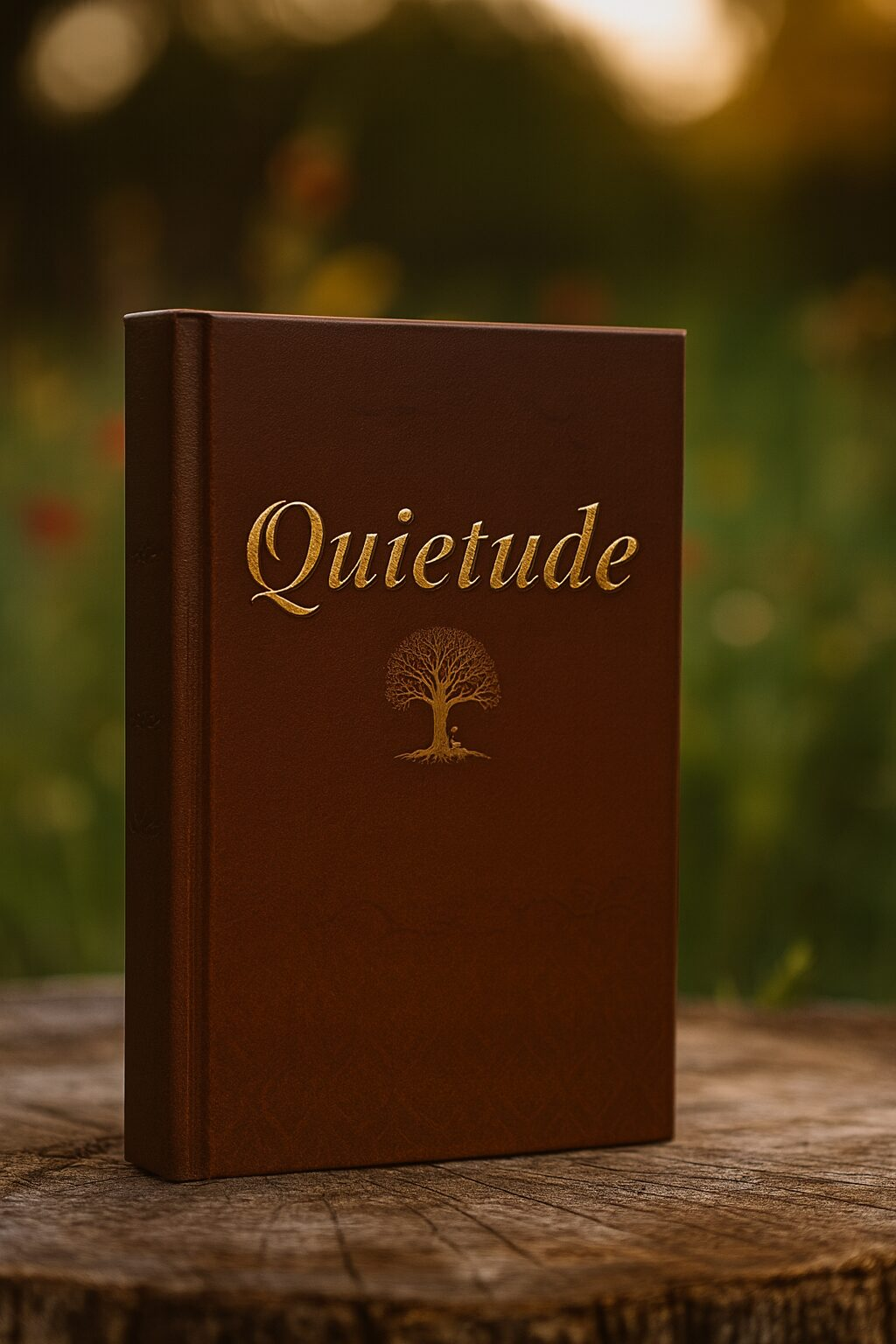Table of Contents
Toggle⚛︎
“Don’t be satisfied with stories, how things have gone with others. Unfold your own myth.”
When she was a young girl, Rumi never quite fit in. She tried, until she didn’t. Something inherently hidden deep inside of her knew that she was never supposed to be fully accepted. She walked with a limp which never endeared her to other children. The limp’s origins, at first mysterious, manifested after she was bitten by a dog. A virus seeped into her joints and the limp followed. Although the clinical term for her ailment was septic arthritis, the village where she lived didn’t have a doctor who would have known this. The discovery came from the town’s medicine woman who treated all ailments which she did almost entirely through intuition. She was called Fabiola.
Whenever Ma would promise to find a cure for her, Rumi would simply reply, “Ma, our health is the most important thing we are given. It is only when we aren’t feeling well that we realize how truly precious it is. I give thanks for this limp; it allows me to cherish other times when I am feeling my best.”

For Ma, enduring pain wasn’t a suitable solution. She knew something needed to be done to ease Rumi’s suffering. Ma couldn’t bare watching Rumi limp whenever she walked and she made it her mission to do whatever was necessary to find a cure for this mysterious ailment.
Ma sought out Fabiola’s help. She begged her to heal Rumi—Fabiola consented.
Fabiola tended to Rumi’s infirmity using echinacea, cloves and oregano, mysteriously using her hands as energy sources to heal Rumi; over time, her discomfort eased. The infection in her hip went away—the limp remained until her dying days.
The children her age made fun of Rumi behind her back for her limp, but she never allowed the jokes at her expense to dampen her spirits. It pained Ma to witness her daughter being ridiculed, but Rumi saw no need for correction.
“They don’t know any better, Ma,” she would say, trying to console her mother. “One day, pain will find its way into their lives as well,” Rumi said. “In those times, they will need our compassion. I won’t hesitate to offer it to them.”
Ma secretly marveled at her ability to remain above the fray of normal human emotion. She noticed that whenever Rumi was faced with a challenge, she would turn to her Little Red Book to notate her experience. She slept with the book at night, nestled under her pillow, and Ma couldn’t help herself from sneaking into her room to borrow the book to read the passages therein. The contents never ceased to awe her. Rumi knew when Ma took the book; she didn’t mind; she felt the content inside was never hers to possess.
I am simply the scribe of these universal thoughts, she wrote in one passage. I am God’s messenger—helping people remember their cosmic oneness.
Ma didn’t understand her. She couldn’t fathom her perspective. Rumi’s handwriting was hypnotic. Ma became so engrossed by the messages in Rumi’s Little Red Book, transfixed by the perfection of the strokes across the page. Her private suspicion was that Rumi came from some other place that few knew about.
My path is not a straight one, Ma read. It curves and zigzags like the limp I have been given. Without this limp there are many perspectives that I would not have been able to witness—many turns I wouldn’t have taken. Without those slight turns I wouldn’t be standing where I am today. Without this limp, I couldn’t understand what truth really is. I have chosen the crooked path and I honor and am thankful for it.
As the flicker of the kerosene lamp grew dimmer, Ma read until the lamp was depleted of all its oil. She would return the book only after the last vestiges of the oil had been burned.
Don’t be satisfied with stories, how things have gone with others. Unfold your own myth, Ma read, marveling at Rumi’s innate wisdom. Ma didn’t fully understand her only daughter, she knew only that Rumi was special. Ma understood that she had little to do with this; this came from a source much bigger than she. Her daughter was a prophet.

